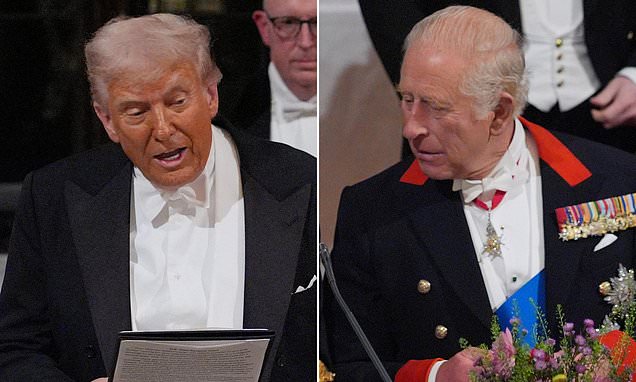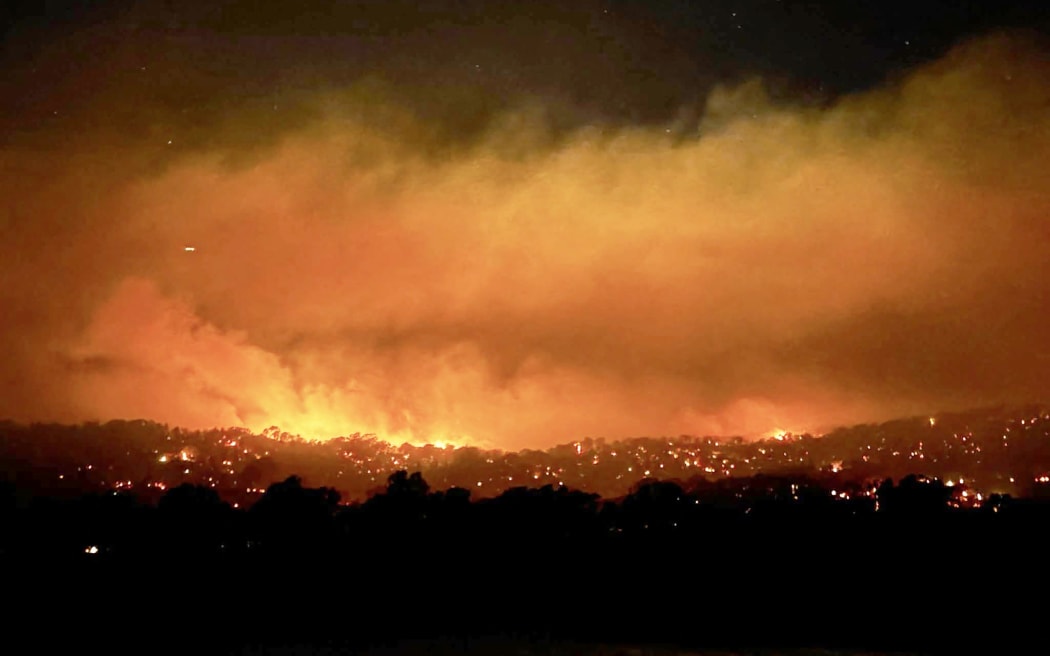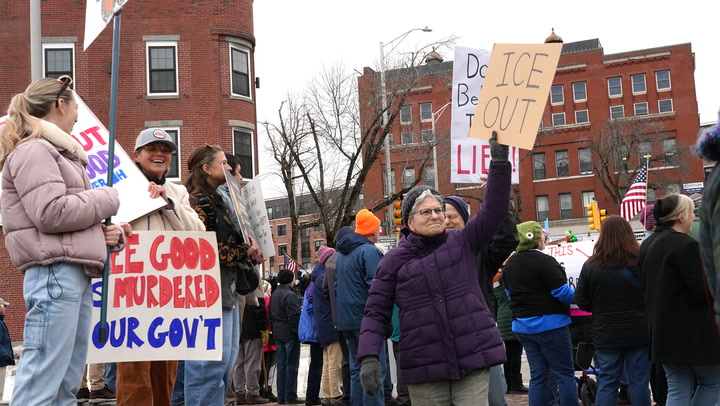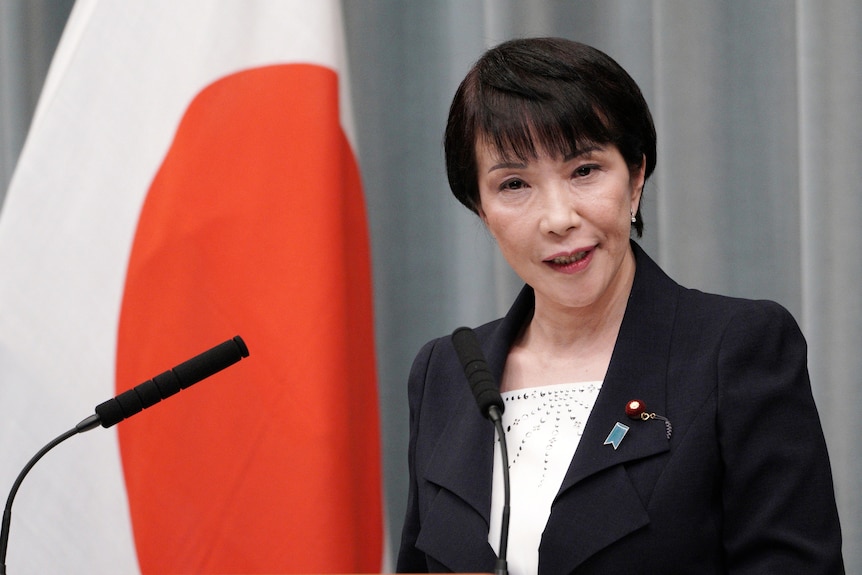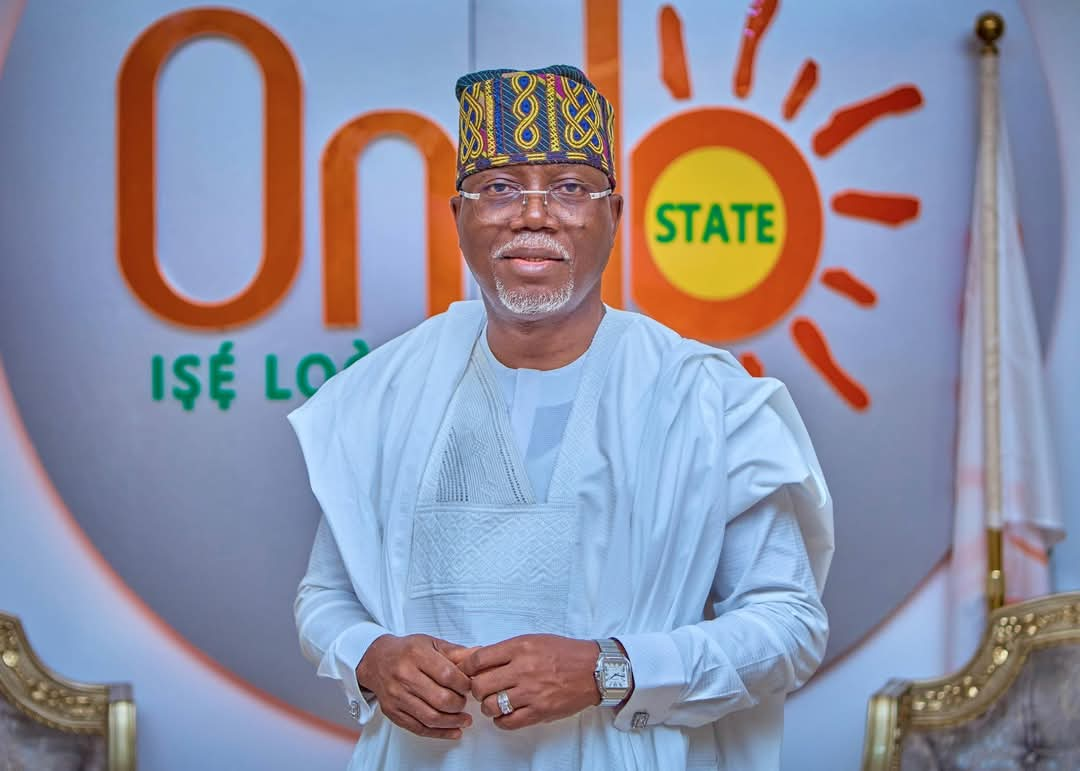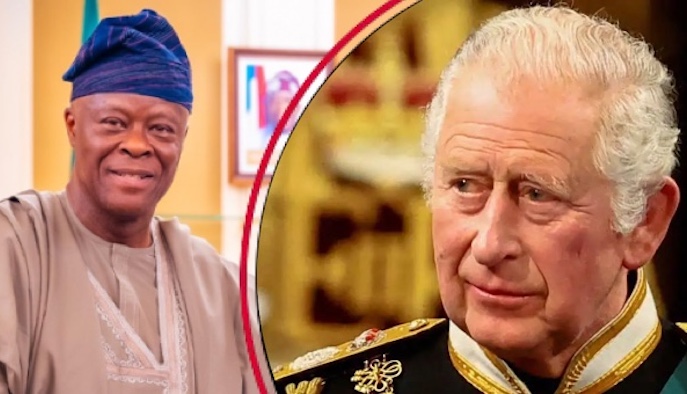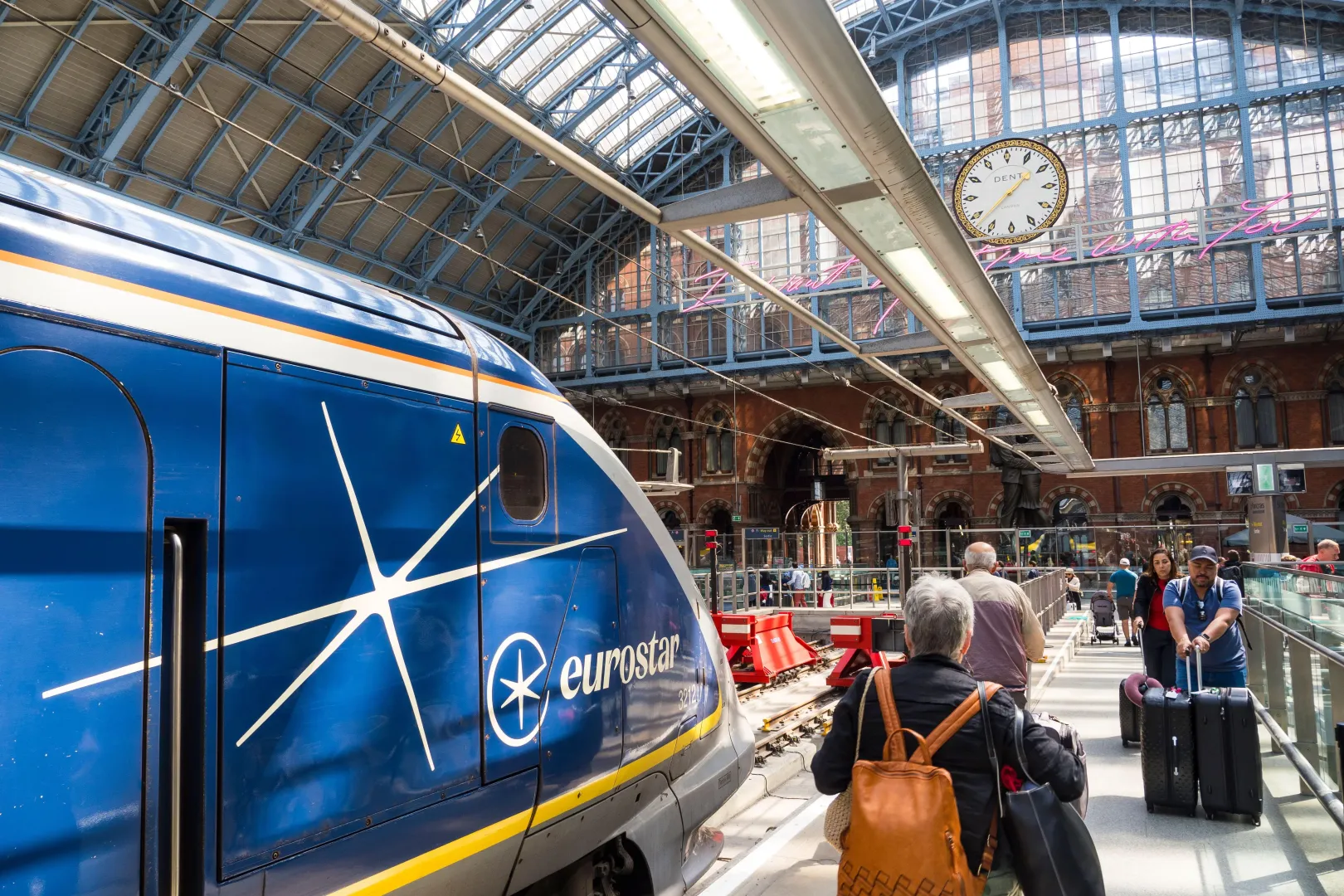King Charles III’s state banquet speech on Wednesday was cloaked in tradition, heavy on ceremony, and cautious in tone. Yet amid the gilded grandeur of Windsor Castle, one short passage cut through the pageantry: Ukraine.
“In two World Wars, we fought together to defeat the forces of tyranny,” the king said, raising his glass toward President Donald Trump beneath the vaulted ceiling of St. George’s Hall. “Today, as tyranny once again threatens Europe, we and our allies stand together in support of Ukraine, to deter aggression and secure peace.”
The words were gentle, but deliberate. For Britain, Ukraine remains the measure of whether its famed soft power can move an American president who has wavered on sanctions against Moscow and publicly bristled at Ukraine’s Volodymyr Zelensky.
European officials are clinging to the hope that the week’s royal pomp—banquets, uniforms, and history-laden symbolism—might persuade Trump to see the conflict not as a foreign distraction but as part of a shared Western legacy. Even fashion entered the reading: First Lady Melania Trump’s sunflower-yellow Carolina Herrera gown, paired with Queen Camilla’s royal blue dress, evoked the Ukrainian flag. For some diplomats, it was no accident.
Read Also: Fall Asleep In 5 Minutes With This Natural Trick
The issue is expected to resurface Thursday, when Trump meets Prime Minister Keir Starmer at Chequers. There, in a setting steeped in wartime memory, the two leaders will examine artifacts from the Winston Churchill archive—a reminder of America’s past role in safeguarding Europe. Whether such symbolism will shift Trump’s thinking is far less certain.
Trump has given little away. His own toast avoided mention of Ukraine altogether, and aides say his frustrations with Zelensky remain fresh. As Air Force One departed for Britain on Tuesday, Trump again hinted that Kyiv’s leader was blocking a potential deal to end the war.
Charles’ intervention was no slip of the tongue. Palace sources confirm his remarks were coordinated with government input, and the king has previously signaled solidarity with Kyiv, even hosting Zelensky privately in March. For now, though, the question is whether Britain’s soft touch can break through Trump’s hardened skepticism.

